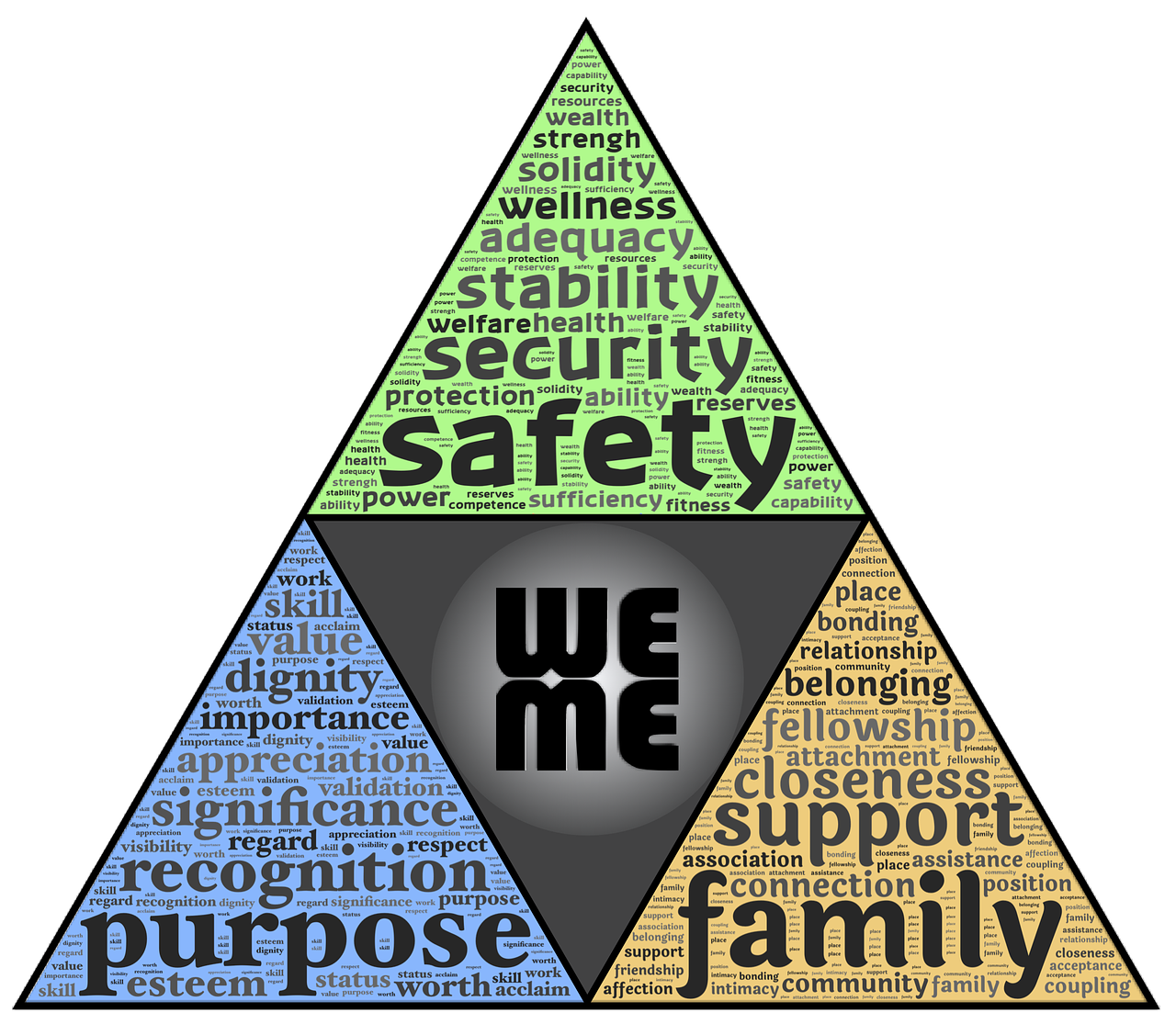I was talking to a friend of mine yesterday, basically getting caught up on what’s been going on in her life. Ironically I was at the wake for my friend Karen whom I told you about recently. I think Karen would have liked the fact that we got caught up on each other’s lives. This would have been after she said, “What are all these people doing here? I’m sure they have more to do on a beautiful Saturday instead of coming here for me.” No. We don’t, and we wouldn’t have missed this for the world.
My friend works at Taunton High School and she tells me stories about the children she sees. “Kids these days!”
We were talking about how some children these days do not know how to deal with failure or adversity. We are now seeing the results of “Everyone gets a trophy ” and it’s not good.
She told me that there is a new term called “Snowplowing.” I’ve heard of “helicopter parents” but I have never heard of “snowplowing. ” It’s a pretty good word for it when you think of what a snowplow does.
I went home and Googled it and found many references. A blog called “Todaysparent.com” written by Emma Waverman explains it this way:
The “snowplow parent” is defined as a person who constantly forces obstacles out of their kids’ paths. They have their eye on the future success of their child, and anyone or anything that stands in their way has to be removed.
It sounds similar to helicopter parenting but there are some differences. Helicopter parents hover and micro-manage out of fear. They hold their kids close to them because they’re anxious about the big, wide world.
Snowplow parents may also micro-manage when it comes to diet and education, but they do so with an eye on the future. They want to remove any pain or difficulties from their children’s paths so that their kids can succeed. They are the parents sitting in the principal’s office asking about extra courses or for special allowances for their child. According to educators, there is a sense of entitlement to snowplowers: They blame the school when things go wrong and never accept anything less than first place for their child.
Wow. Just wow. What happens the first time Junior gets a closed-door meeting with a supervisor and is told they’re not measuring up?
My friends and I talked about how dangerous this can be because the child never learns to deal with adversity, and as we all know, there can be plenty of adversity.
Of course I wanted the best for my children and I tried to shelter them from pain. I’m not going to say that I was perfect, far from it, but I do realize that they had to learn to handle disappointment. There were some disappointing grades after not studying enough; boyfriend or girlfriend break ups and the coach that didn’t give enough playing time. Promotions they didn’t get or professors that were “stupid.” That’s life. It happens to all of us, but not all of us know how to handle it.
My wife and I were pretty much always on the same page: “You can have your pity party today, but tomorrow you get back at it.”
What’s a young adult going to do when their “snowplow parent” can’t make it all better?
I have already read stories about how young children don’t know how to socialize because they don’t get outside for enough “play” or they can’t entertain themselves without a “device” in their hands.
I used to entertain myself for hours just playing games and using my imagination. How many of us could fill an entire afternoon after finding a big empty box. That thing was everything from a clubhouse to a race car and then a rocket ship.
Yes I got mad when my coach benched me during a slump but it just made me practice harder. I can just imagine what my mother would have said if I asked her to call my boss the first time my hours got cut at WNBH back in 1977.
Sure I never want anything to hurt my children but they have to learn. Not necessarily to fail but to rebound and how to react to a failure, a disappointment or a difficult co-worker.
That blog went on to say:
Research shows that helicopter parenting can have a negative effect on kids. They are less resilient, and less likely to take risks. They never develop proper coping skills or the maturity to make decisions on their own. Experts fear that children of snowplow parents will have similar issues—they won’t be able to handle failure or solve problems independently. Kids of snowplow parents may quit something instead of settling for second best.
I don’t know how you can handle this if you see it in your own family. I’m about to enter the world of “grandparenting” and I think my daughter will be fine. I don’t think we were “helicopter” parents and we certainly weren’t “snowplow” parents. Maybe more of the “Minivan Parents.” “Need a ride? Sure! Just look out for the hairy M & M’s!” I guess we tried to teach by example and I’ll just try to be quiet when I should and maybe offer a suggestion when I think the time is right.
If you do think the definition of a “snowplow parent” fits, try to stop yourself before it’s before it’s too late. Teaching your children how bounce back and adjust may be one of the greatest gifts you’ll ever give.


Leave a Reply